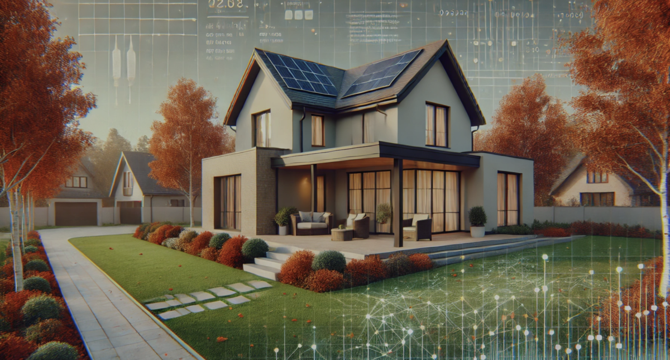Nycdatascience
1M
72

Image Credit: Nycdatascience
Predicting Home Prices with Machine Learning
- Accurately predicting home prices is crucial for buyers, sellers, and real estate professionals, with machine learning providing a powerful tool for enhanced accuracy.
- The Ames Housing dataset, containing 2,580 home sales records from Ames, Iowa, is widely used for predictive modeling with 82 detailed property attributes.
- Exploratory Data Analysis revealed patterns and distributions in the dataset, including numerical, categorical, and ordinal features.
- Features like OverallQual, GrLivArea, and TotalBsmtSF showed strong correlations with sale price, illustrating the impact of various property attributes on pricing.
- Categorical variables such as neighborhood, house style, and foundation type play crucial roles in determining home prices.
- Ridge Regression and XGBoost Regression models were evaluated, with XGBoost demonstrating superior predictive performance due to its ability to capture complex relationships.
- Feature engineering techniques like log transformation, one-hot encoding, and creating new features further enhanced model performance.
- XGBoost was deemed the most effective model, with opportunities for improvement through outlier detection, feature selection, and exploring alternative ensemble methods.
- Incorporating macroeconomic indicators and deploying the model as a web-based application are suggested future directions to enhance real-time price predictions.
- Machine learning in real estate analytics offers objective insights into home valuations, with ongoing advancements expected to improve accuracy and market transparency.
Read Full Article
4 Likes
For uninterrupted reading, download the app